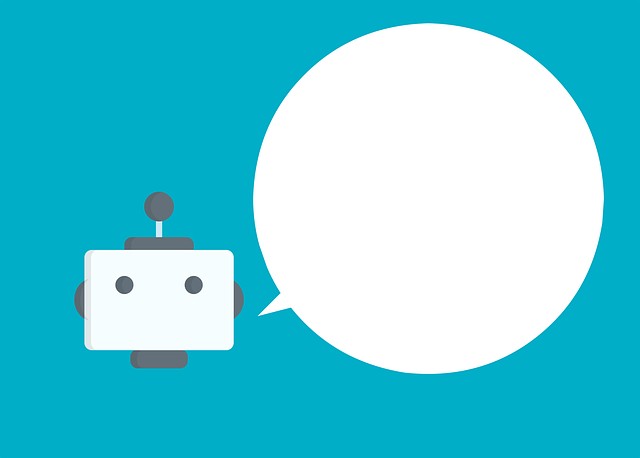The emergence of AI chatbots, powered by advanced NLP algorithms and machine learning, has transformed human-machine interaction, enhancing user experiences across sectors like customer service, healthcare, and education. These virtual assistants can engage in intricate conversations, understanding context and generating relevant responses in real time. As AI chatbots evolve, ethical considerations around privacy, data security, and algorithmic biases arise, necessitating responsible development and regulation. Despite these challenges, the future of AI-driven conversations holds significant potential to revolutionize daily life while respecting human dignity and autonomy.
The rapid evolution of Artificial Intelligence (AI) has led to a breakthrough in conversational technology with the rise of advanced AI chatbots. These virtual assistants are transforming human-machine interaction, offering intuitive and personalized experiences. This article explores the impact of AI chatbots on our daily lives, delving into the advancements in Natural Language Processing (NLP) that power these conversations. We will also discuss ethical considerations and the exciting future prospects of AI-driven conversations.
- The Rise of AI Chatbots: Transforming Human-Machine Interaction
- Advanced Natural Language Processing: Powering Conversational AI
- Ethical Considerations and Future Prospects for AI-Driven Conversations
The Rise of AI Chatbots: Transforming Human-Machine Interaction

The rise of AI chatbots has marked a significant turning point in human-machine interaction, revolutionizing how we communicate and access information. These intelligent virtual assistants are no longer confined to simple task automation; they have evolved into sophisticated conversational agents capable of engaging in complex, context-aware dialogues.
Powered by advanced natural language processing (NLP) algorithms and machine learning models, AI chatbots can understand and interpret human language nuances, recall relevant knowledge from vast datasets, and generate coherent responses in real time. This breakthrough enables more natural and intuitive interactions between users and technology, transforming various sectors from customer service to healthcare, education, and beyond.
Advanced Natural Language Processing: Powering Conversational AI

The advancements in Natural Language Processing (NLP) have been pivotal in shaping modern AI chatbots. NLP enables machines to understand, interpret, and generate human language, facilitating meaningful conversations. By breaking down complex linguistic patterns, these algorithms power AI chatbot capabilities, allowing them to comprehend user queries and deliver contextually relevant responses.
State-of-the-art NLP models leverage deep learning techniques and vast amounts of data to learn from diverse linguistic contexts. This enables AI chatbots to handle a wide range of user interactions, from casual chats to complex problem-solving. As NLP continues to evolve, so does the potential for more sophisticated and human-like conversational experiences with AI technology.
Ethical Considerations and Future Prospects for AI-Driven Conversations

As AI chatbots become more sophisticated, ethical considerations come to the forefront. The ability to engage in human-like conversations raises questions about privacy, data security, and potential biases within the algorithms. Developers must ensure that user interactions are secure and that personal information is handled with transparency and care. Addressing these concerns is vital for building trust in AI technology and fostering its responsible adoption.
Looking ahead, the future of AI-driven conversations holds immense promise. Continued advancements could lead to more personalized and intuitive interactions, transforming customer service, education, and healthcare. With proper regulation and ethical frameworks in place, AI chatbots have the potential to enhance our daily lives, offering efficient solutions while maintaining human dignity and autonomy.






